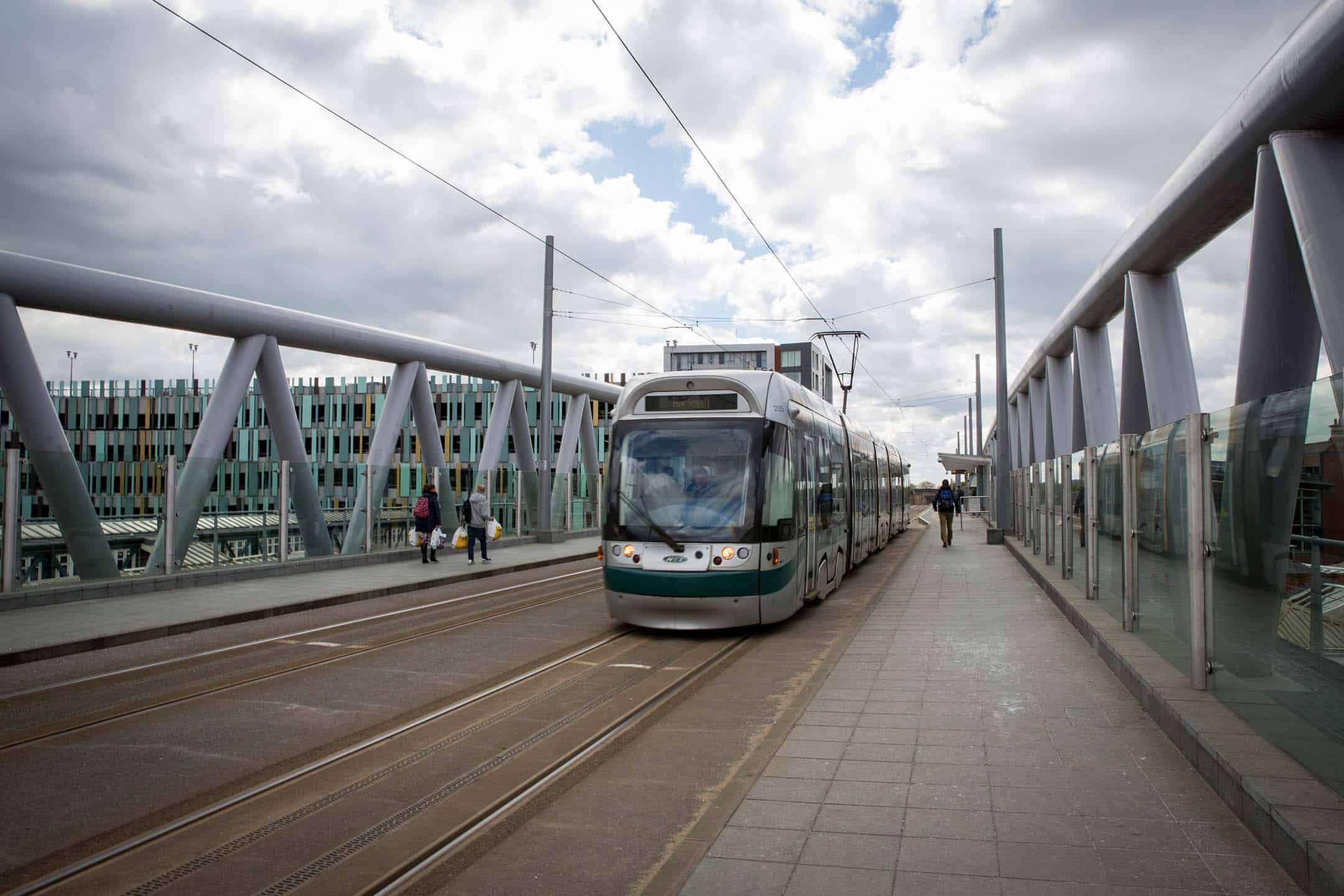Councils are on the frontline of both the COVID-19 pandemic and the climate crisis. As such they have a unique perspective on how to tackle these dual threats, and they are stepping up.
By Simon Brammer and Simeran Bachra. First published on the MJ.co.uk.
Nineteen local authorities, representing a quarter of the UK population, disclosed their climate and environmental data to CDP in 2019. Ashden has been facilitating a network of sustainability leads across the country’s Metro Mayor city regions and London for the last two years, and its members know that it is critically important to share other’s learnings to accelerate climate action plans. Now that the UK Government is spearheading a series of ‘recovery roundtables’ discuss rebuilding the economy on the other side of this pandemic, the insights of local councils need to play an integral role.
A recent webinar hosted by Ashden and CDP brought together more than 100 UK-based council climate officers to discuss how the pandemic is impacting local climate action, and raised interesting questions and reflections on how local governments can build back better post COVID-19.
We asked councils, what impact do you think there has been on your citizens’ views of climate change?
- 53% thought they were more concerned;
- 19% thought they were less concerned;
- 28% thought that there was no change in citizen’s views on climate.
As the pandemic spread across the globe, we have seen unprecedented levels of change and investment from local government, with cities from Milan to London re-engineering roadways for pedestrians, public transport, and cyclists, to maintain social distancing and keep emissions down. We have not seen this pace of change in recent memory, and such change demonstrates that local governments can, and are, playing a part in our recovery. Such urgent action on the climate crisis is likely to deliver results too. While citizens across the globe are living through varying levels of lockdown and many are seeing air quality improving, they are recognizing the need for a new normal that puts public health and climate action ahead of business as usual. As citizens call for a green recovery and local governments are tasked with rebuilding their communities and local economies, efforts must be made to ensure that the new normal is climate resilient.
And local councils are responding. As Jackie Homan of the West Midlands Combined Authority (WMCA) told us: ‘People have seen things transformed and want to keep them that way.’ Many councils are already re-allocating road space to create wider pavements or safe cycle routes, and Birmingham has just announced a trial of e-scooters. Evidenced by WMCA’s online consultation, 33% of the city’s residents said that active travel was their preferred choice for taking action on climate change. Social distancing is possible through active travel and can also result in a drop in air pollution, which is linked to better public health. These changes deliver the dual purposes of protecting us from the virus and moving us towards a more sustainable ‘normal’.
We asked, is your council actively planning a green recovery?
- 59% said yes;
- 10% said no;
- 31% were unsure.
With over half of local councils said they were planning a green recovery, it is time to rethink local authority financing, with increased budgets and measures to ensure they are climate safe and resilient to shocks.
Several councils on the webinar, including Bristol City Council have made longer-term investments in renewables, and this remains a source of income during the COVID-19 pandemic. A number of authorities like West Berkshire, Leeds and Warrington are proposing to use Ashden Awards winner, Abundance Investment’s ethical crowdfunding platform to deliver ‘municipal bonds’ to invest in green infrastructure projects, offering citizens a good return on their savings whilst improving their own towns and cities. Whilst Hackney are making good progress on divesting their pension funds from fossil fuels.
UK councils can also look to the European Union to understand how other cities are building back better after COVID-19. Whilst striving to keep citizens safe in the Dutch capital, Amsterdam has adopted the so-called ‘doughnut’ economic model as a guide to what it means for countries, cities and people to thrive in balance with the planet.
While local governments design and roll out their recovery plans, one thing is certain, we can’t go back to business as usual after COVID-19, and the climate emergency will still be there to address.
At the same time, we know that local councils are under huge pressure to tackle coronavirus and that many climate staff have been necessarily redeployed to support these efforts. Now more than ever, financial pressures on councils are enormous, with one council representative telling us they estimate an economic impact of £30m at a minimum from the pandemic. So how can a green recovery be supported under this pressure?

